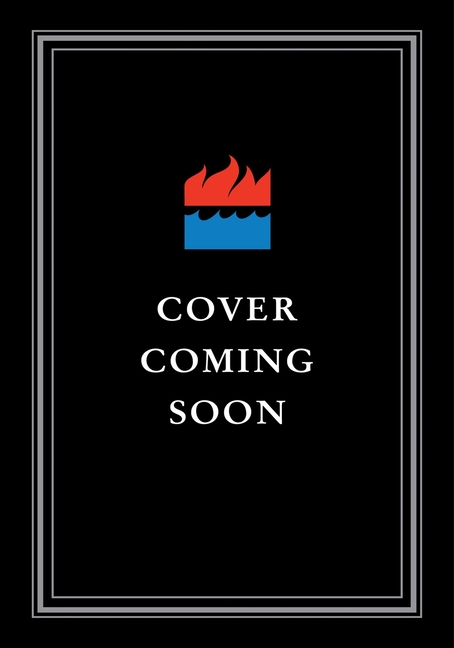Buying a book using a Purchase Order
Click here and our sales team will contact you directly with pricing
local_shipping Free Standard Shipping on all orders $25+ and use Coupon Code BELONG for an additional 15% off!

Revealing little-known facts about the fight to teach evolution in schools, this riveting account of the dramatic 1925 Scopes Trial (aka "the Monkey Trial") speaks directly to today's fights over what students learn, the tension between science and religion, the influence of the media on public debate, and the power of one individual to change history.
Arrested? For teaching? John Scopes's crime riveted the world, and crowds flocked to the trial of the man who dared to tell students about a forbidden topic--evolution.The year was 1925, and discussing Darwin's theory of evolution was illegal in Tennessee classrooms. Lawyers wanted to challenge the law, and businessmen smelled opportunity. But no one imagined the firestorm the Scopes Trial would ignite--or the media circus that would follow.
As reporters, souvenir-hawking vendors, angry protestors, and even real monkeys mobbed the courthouse, a breathless public followed the action live on national radio broadcasts. All were fascinated by the bitter duel between science and religion, an argument that boiled down to the question of who controls what students can learn--an issue that resonates to this day.
Through contemporary visuals and evocative prose, Anita Sanchez vividly captures the passion, personalities, and pageantry of the infamous "Monkey Trial," highlighting the quiet dignity of the teacher who stood up for his students' right to learn.
With cogence aplenty for current national issues, Sanchez expertly sifts a mountain of documentary evidence to present a coherent account of the event [that is] perceptive, well written and reasoned, and as topical as ever.
Sanchez (Save the...Whale Sharks) brings a sense of immediacy to a 1925 watershed event that still echoes in American politics and discourse. Education, religion, and nascent media came together in a narrative nonfiction telling of the trial of John Scopes, a Dayton, Tenn., educator who taught Darwin's theory of evolution, violating a state law that criminalized such actions. Scopes had been asked to "stand for a test case" by local businessmen hoping to profit from national attention around the engineered trial. The ordeal pitted the American Civil Liberties Union, which sought to defend educators prosecuted under the law, against fundamentalist Christians concerned about the impact of teaching evolution in lieu of creation. Through photographs and conversational prose, Sanchez shows how sleepy Dayton became a "circus," experiencing throngs of visitors, chimpanzees promoting local businesses, and crowds eager for the main event: a highly publicized courtroom face-off between defense lawyer Clarence Darrow and prosecuting lawyer William Jennings Bryan, both previously regarded as men of the people. "Media in the Spotlight" sections contextualize the role of newspapers, newsreels, and radio in spreading information. It's a lively, solidly researched tale that delivers enduring truths about the lure of controversy. Ages 8-12. Agent: Regina Ryan, Regina Ryan Publishing. (Mar.)
Copyright 2023 Publishers Weekly, LLC Used with permission.
Gr 8 Up--Sanchez delivers a succinct and engaging account of the 1925 Scopes trial, the first legal battle about teaching evolution in public schools. In the early 1920s, several states passed laws that made it illegal to teach evolution, a highly contentious topic. Believing this unconstitutional, the ACLU advertised for teachers willing to be involved in a legal case against these laws. The leaders of Dayton, TN, who were worried about the town's declining economy, saw the ad and thought a big court case would bring much needed money to the town. John Scopes, a young, well-liked, substitute teacher, agreed to admit to teaching evolution and the national media descended upon the town for the trial soon after. The famed William Jennings Bryan volunteered to prosecute the case for the state pro bono while renowned attorney Clarence Darrow led the defense team, also for free. With a hotly debated controversy, new radio technology broadcasting the proceedings live, telegraph transmissions, even airplanes delivering daily film footage for newsreels, the "Monkey Trial" as it was known, captured American attention like nothing before. Sanchez deftly chronicles this dramatic case, accessibly describing the legal strategies while also focusing on the major players. Informative sidebars provide useful background on life during that time; the book is well documented with extensive source notes, bibliography, glossary, and time line. The epilogue brings the story forward with a summary of subsequent cases on evolution and touches on current debates of science versus religion. VERDICT This compelling narrative will be highly appealing to history and legal buffs. An important work, it draws parallels to current divides in American society and supports multiple academic curricula.--Karen T. Bilton
Copyright 2023 School Library Journal, LLC Used with permission.